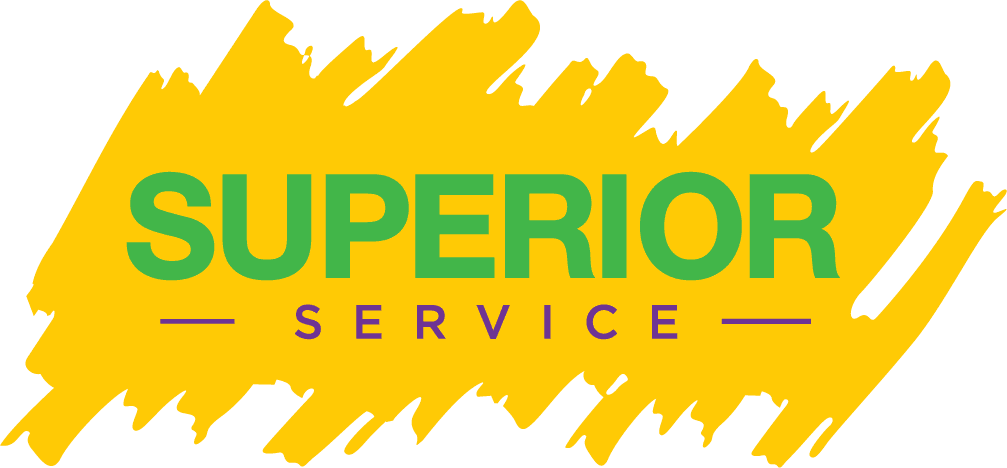Springtime Plumbing Prep: Essential Tips for a Smooth Transition
As nature awakens from its winter slumber, it’s time to prepare your home for the vibrant season of spring. While many focus on outdoor activities and landscaping, it’s equally important to ensure that your plumbing system is ready to handle the changing temperatures and increased usage. In this blog, we’ll explore some essential tips for springtime plumbing preparation to help you avoid common issues and ensure a smooth transition into the new season.
1. Inspect Your Plumbing System:
Start by conducting a thorough inspection of your plumbing system, both indoors and outdoors. Look for signs of leaks, dripping faucets, and water stains on walls or ceilings. Check for any damage to pipes, such as cracks or corrosion, and address any issues promptly to prevent water damage and costly repairs.
2. Test Outdoor Hose Bibs and Sprinkler Systems:
3. Clean Gutters and Downspouts:
4. Check Sump Pump Functionality:
5. Insulate Pipes in Unheated Areas:
6. Schedule a Professional Inspection:
7. Practice Water Conservation:
Schedule An Estimate or Service Call
By taking proactive steps to prepare your plumbing system for the spring season, you can avoid common issues and ensure a smooth transition into warmer weather. From inspecting your plumbing system for leaks and damage to testing outdoor faucets and practicing water conservation, these tips will help you maintain a healthy and efficient plumbing system throughout the spring and beyond. Remember, a little preventive maintenance now can save you time, money, and hassle in the long run.





